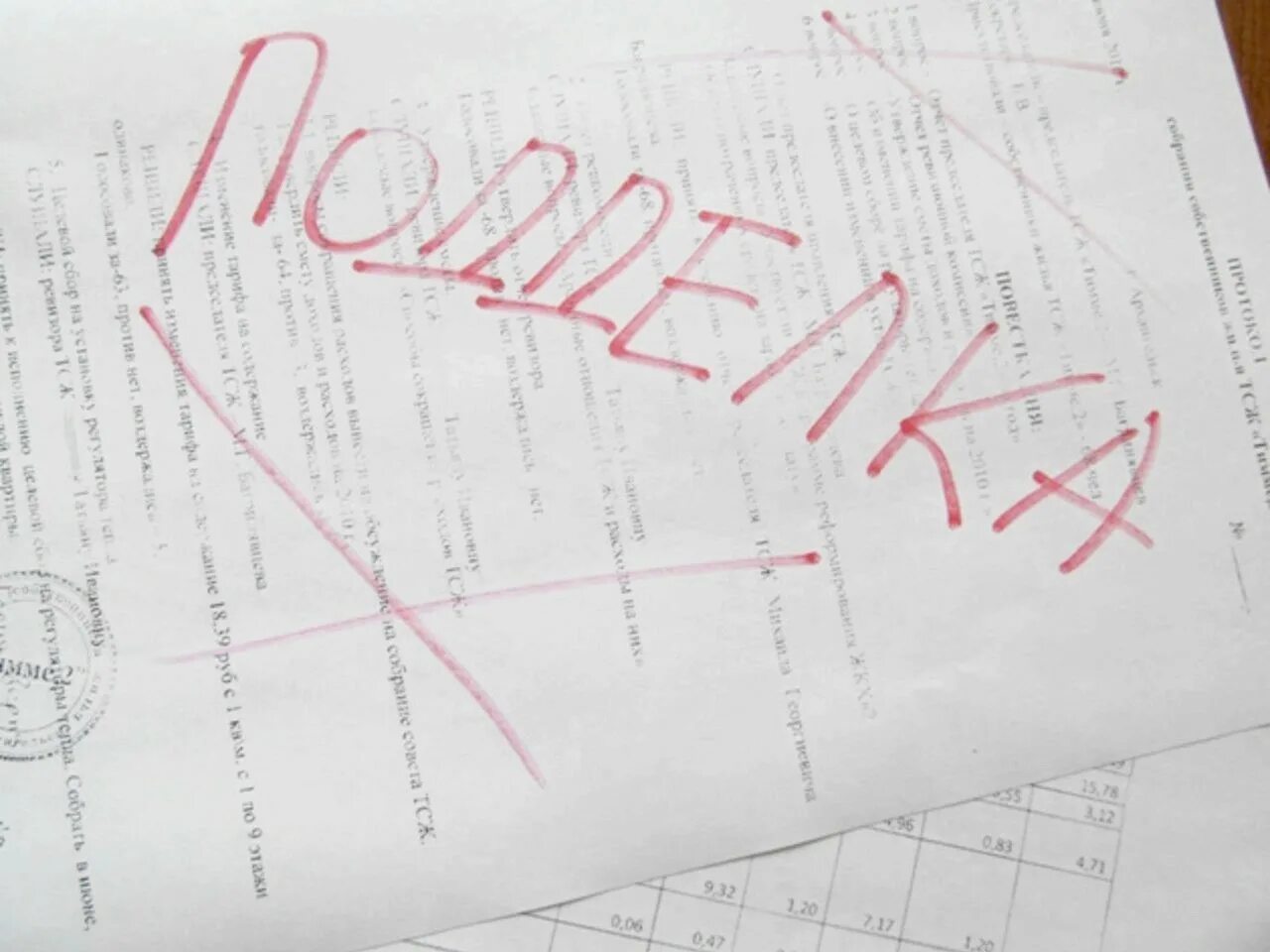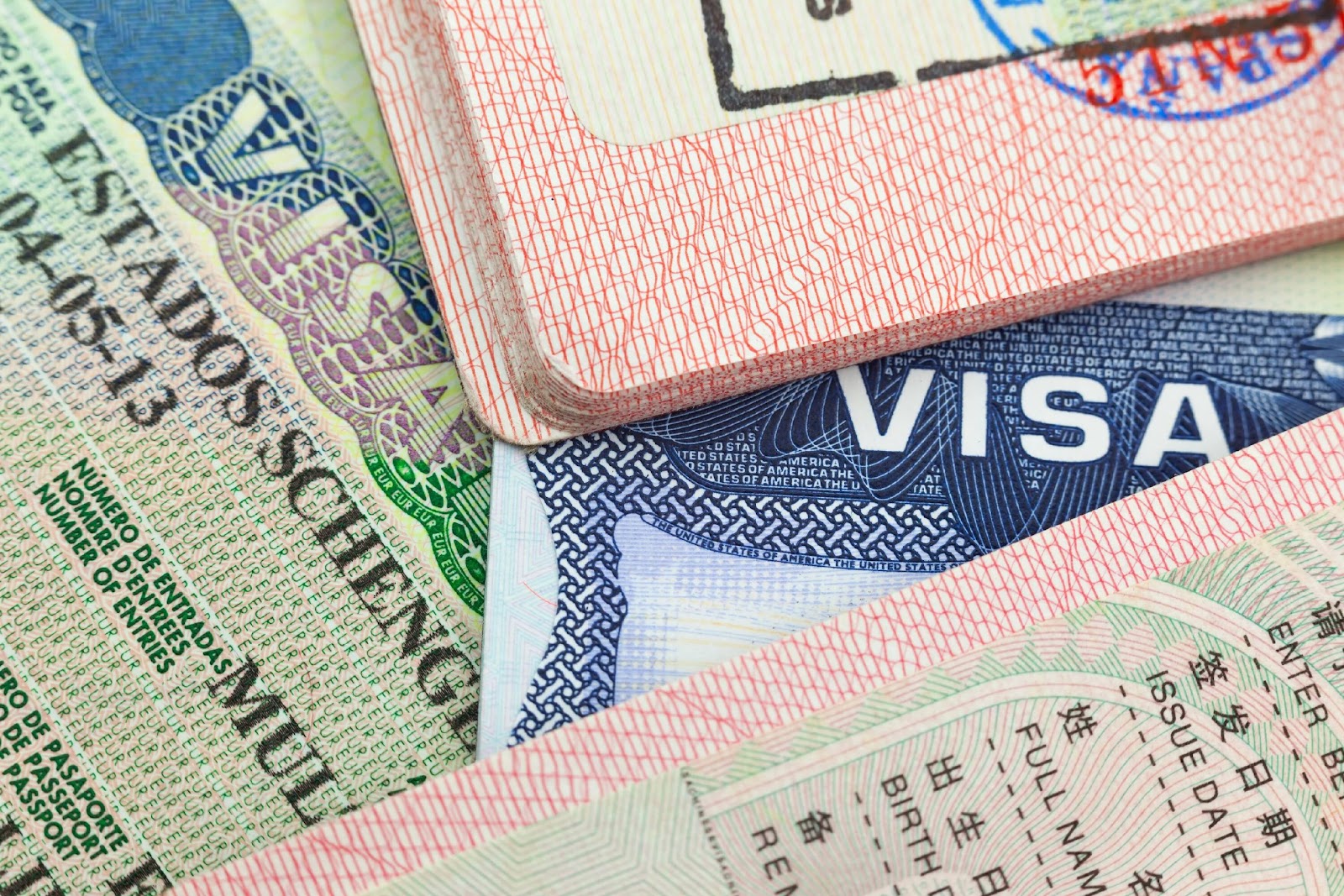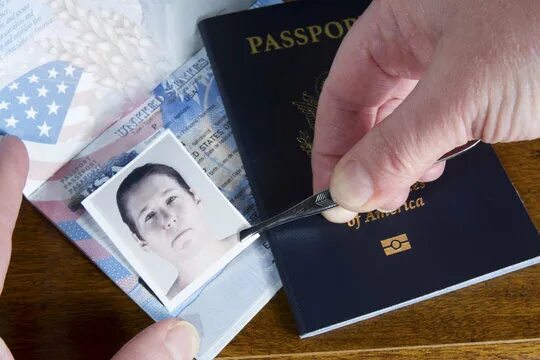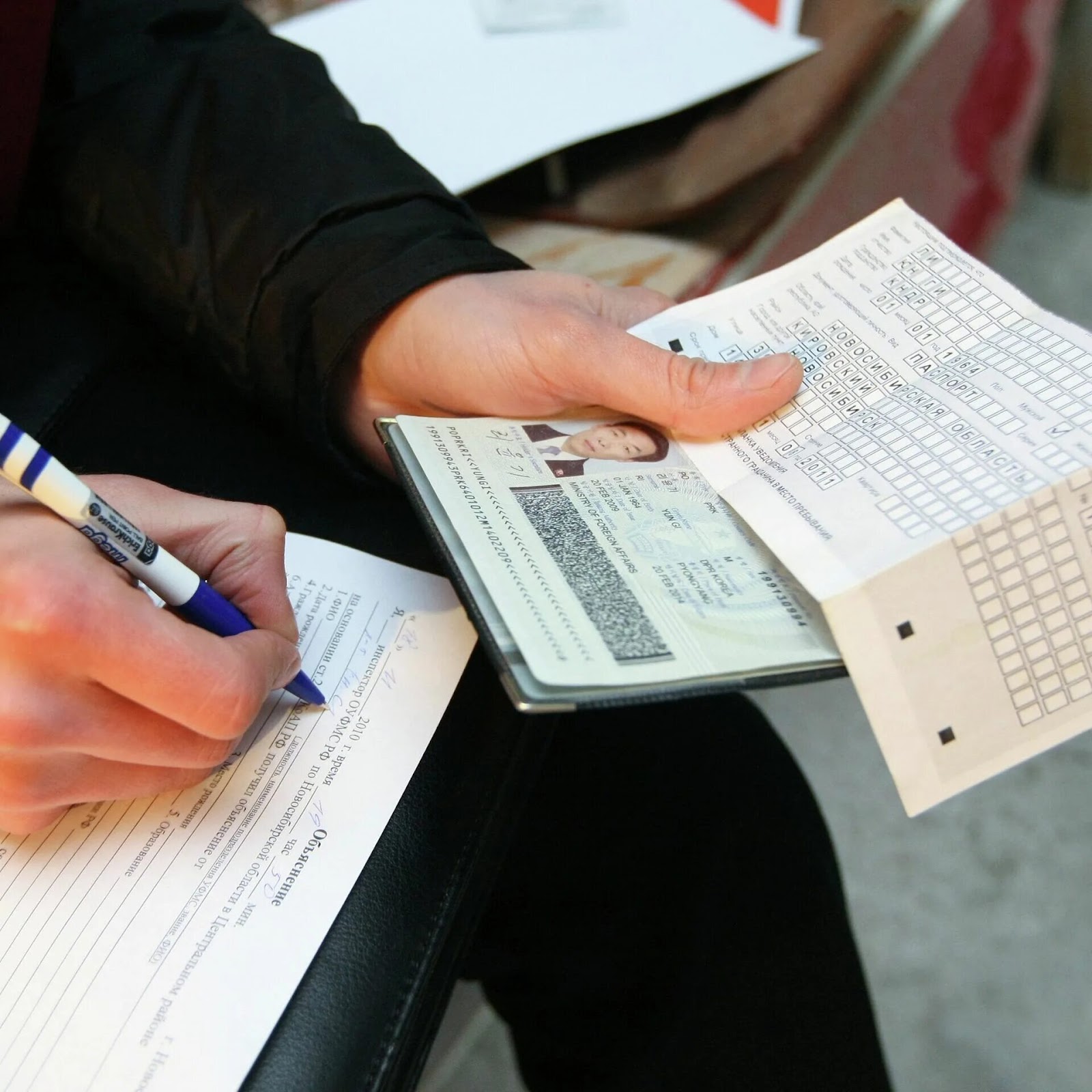Fraud in international employment remains one of the most common scams. Those wishing to find work abroad often encounter fake documents offered by unscrupulous agencies and private intermediaries. Work visas, passports, work permits, employment contracts, and other official papers are often forged.
The use of such documents carries serious risks, including deportation, a ban on entering the country, and criminal liability for forgery. Let's look at the main fraud schemes and ways to verify the authenticity of documents.

Work Visa Fraud
A work visa is one of the main documents necessary for official employment abroad. However, many unscrupulous intermediaries offer applicants fake visas, promising expedited processing without the need for a consular interview.
Main Signs of Forgery:
- The visa is issued without the involvement of an employer.
- There is no record of it in official databases.
- Fake visa stickers are used.
Some schemes involve not only forging the visas themselves but also the accompanying documents: forms, contracts, invitation letters. Fraudsters may send clients fake documents that do not pass consular verification.

Fake Passports
Another scheme is the sale of fake passports. They may be made based on someone else's data or completely falsified.
Risks of use:
- The document does not pass biometric verification.
- High likelihood of arrest upon entering the country.
- Criminal liability for using a fake passport.
Fake passports are often distributed through illegal channels, including dark websites. However, their detection is only a matter of time, as border services use modern document verification technologies.

Fraud with Overseas Employment
Some agencies offer fake vacancies, promising official employment and high salaries. After receiving payment, the fraudsters disappear, leaving the applicant without a job.
How to recognize a scam:
- The employer does not get in touch.
- Refusal of an official employment contract.
- Requirement of payment for the vacancy or expedited processing.
Some schemes involve a real trip abroad, but upon arrival, the applicant finds out that the job does not match the promises or does not exist at all.

Scams with Work Permits
Some fraudsters offer to arrange work permits without employer involvement. As a result, the applicant receives a fake document that does not pass verification by official authorities.
How to verify authenticity:
- Compare with official samples.
- Check the registration number with the migration service.
- Request confirmation from the employer.
Some fraudsters use fake forms or copy existing permits, replacing personal data.
Fake Migrant Documents
Fraudsters offer falsified medical certificates, diplomas, qualification certificates.
Main types of forgeries:
- Fake educational diplomas.
- Medical certificates of health status.
- Fake criminal record certificates.
Employers and migration services verify the authenticity of such documents, uncovering violations.

How to Verify the Legality of Work Abroad
Before employment abroad, it is important to verify documents and the company.
Recommendations for verification:
- Research the employer – check the license, registration.
- Check the agency – presence of official contacts, reviews.
- Verify visa data with consular information.
- Request a work permit through official services.
- Contact migration authorities to verify documents.
Official bodies can provide information on the authenticity of the visa, work permit, and other documents.
Scam in International Employment
Fraudsters use various schemes to deceive applicants.
Popular types of scams:
- Fake employment agencies.
- Fake visa centers.
- False promises of guaranteed employment.
- Inflated fees for document processing.
Some scammers create fake websites with vacancies, posting fake job offers.

Fraudsters in Immigration
Some companies promise residence permits, permanent residence, and citizenship through simplified schemes.
Signs of fraud:
- Guarantees of results without meeting conditions.
- Refusal to conclude a contract.
- Demand for prepayment without receipts.
Official programs require strict conditions to be met, and obtaining status is impossible without legal procedures.
Conclusion
Fraud in overseas employment involves the forgery of visas, passports, work permits, and other documents. Fraudsters create fake agencies, publish false vacancies, and issue fake papers. Verifying employers, agencies, and documents through official resources helps avoid scams.